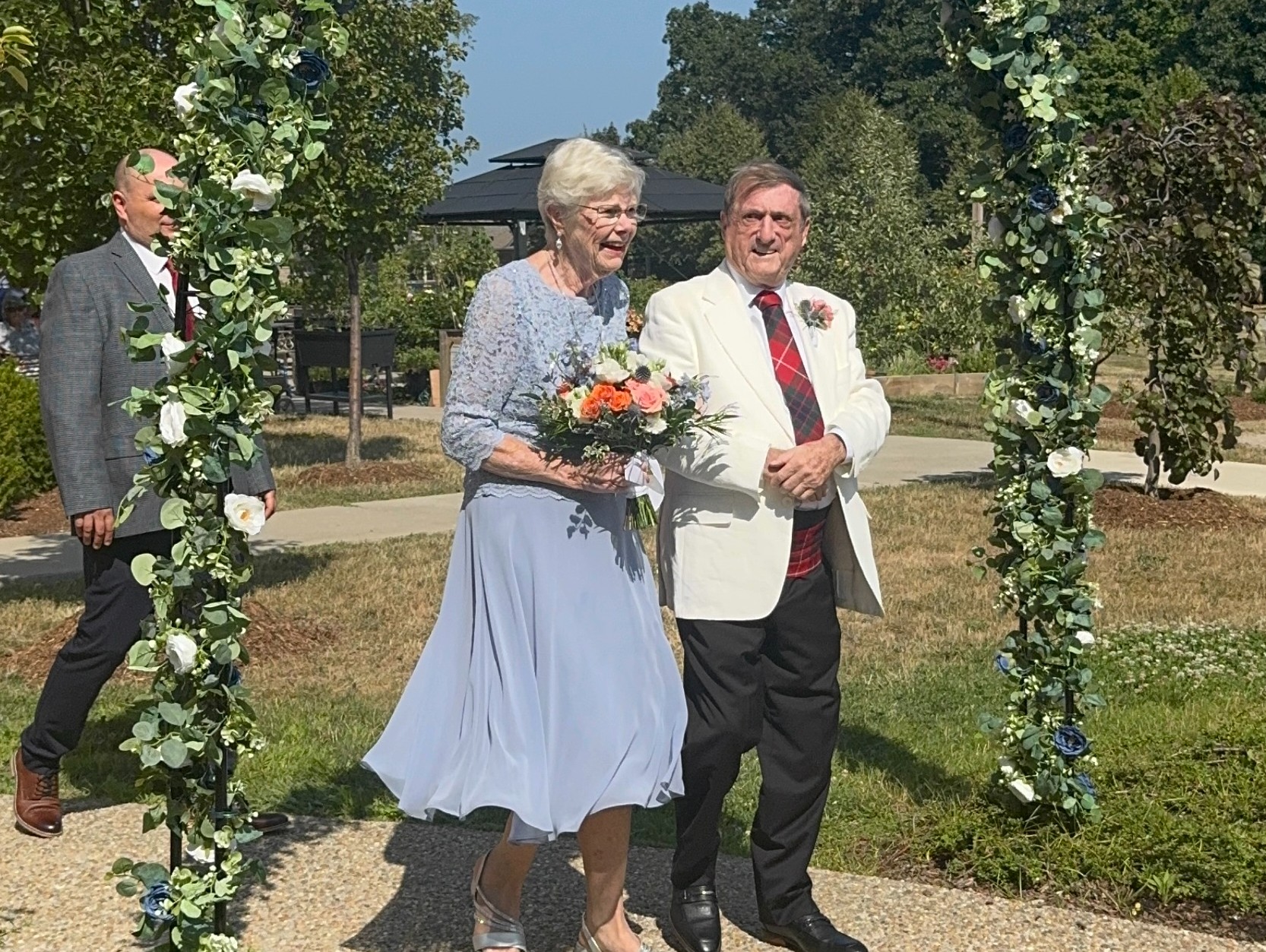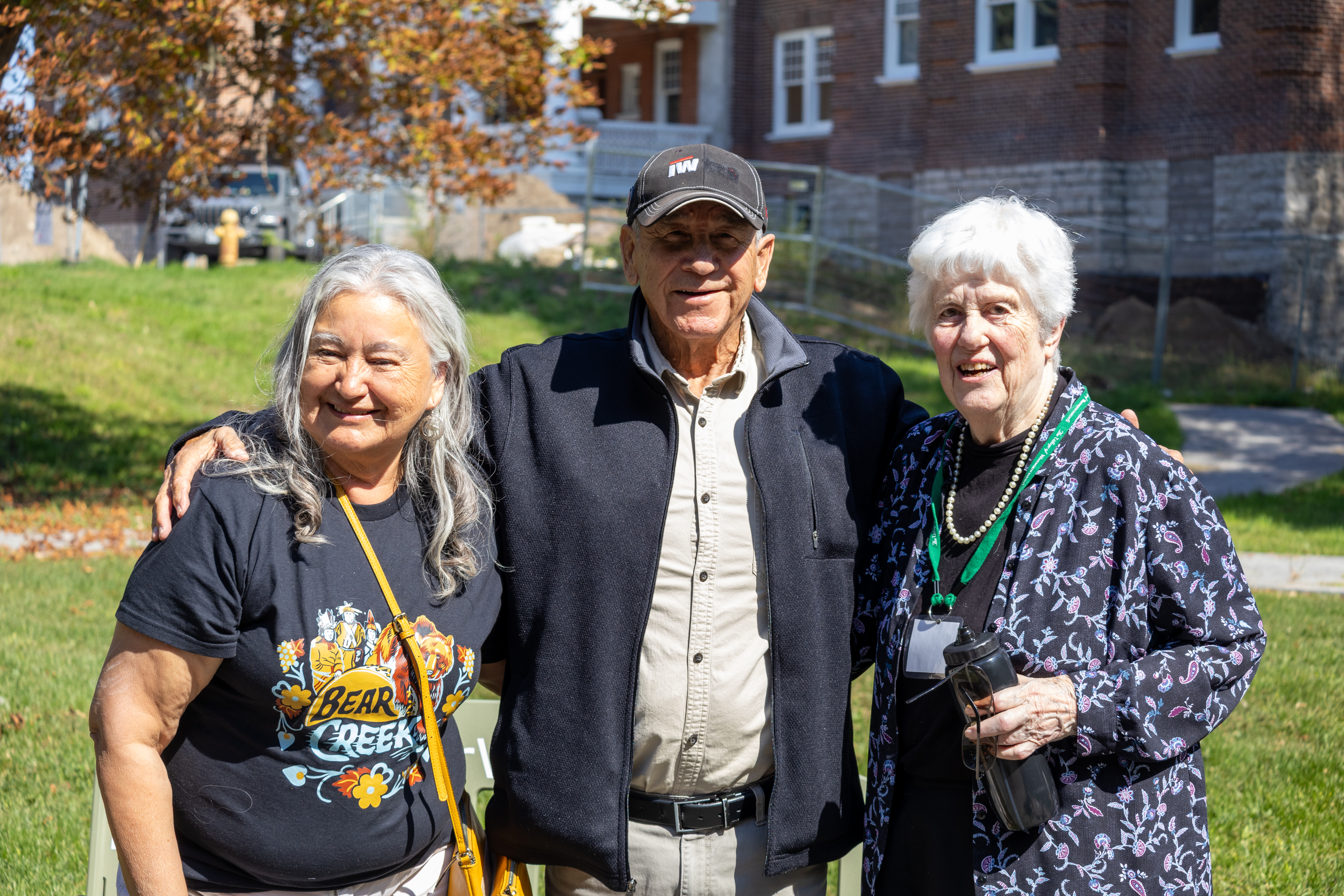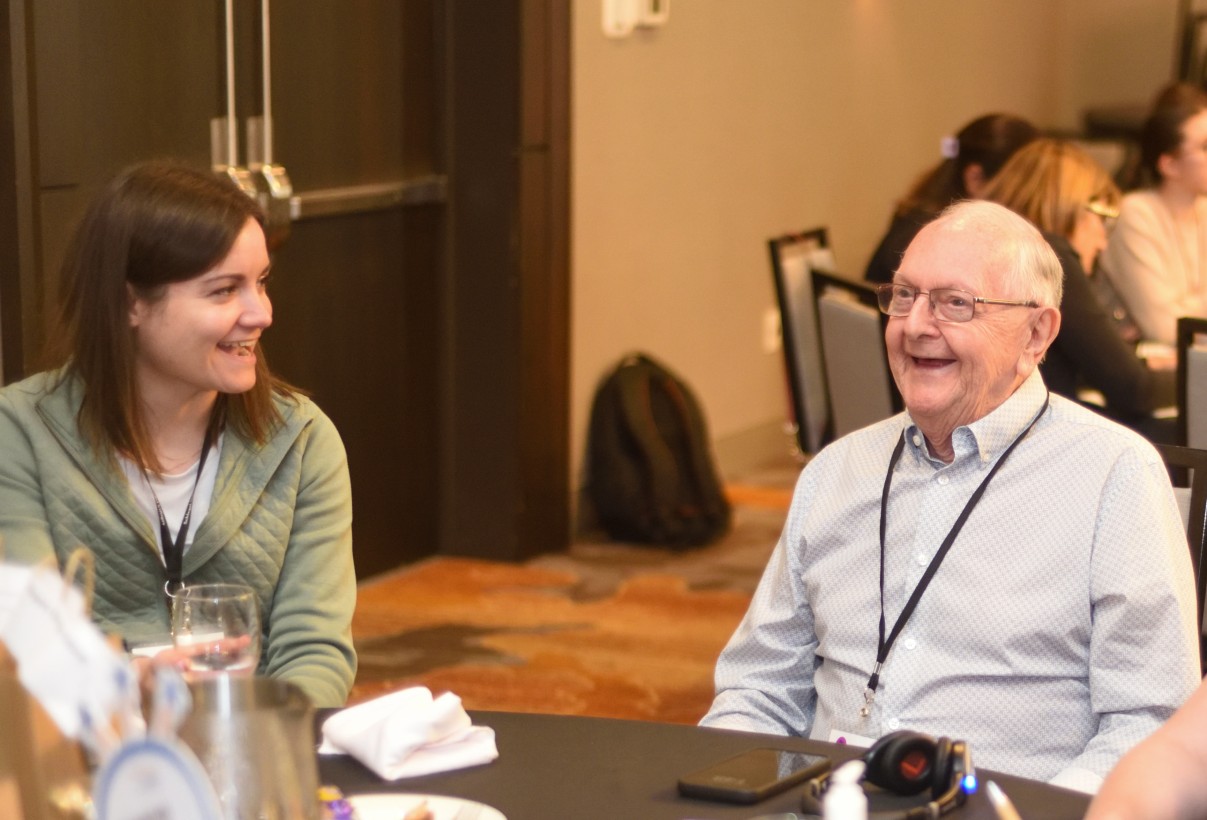Staci Wale is only half-joking when she says she’s the type of person who won’t buy shampoo without spending hours researching the ingredients to make an informed decision.
“If I’m putting something in my body, I want to know exactly what I’m doing,” she says.

After much consideration, Kylie and Staci were proud
to get their vaccination to protect those they serve, as well
as for their own well-being.
So as soon as the vaccine discussion in Canada began accelerating, she started researching and Kylie was doing the same. As neighbourhood coordinators in The Village of Taunton Mills Retirement Home, their main focus is supporting their team and the residents they serve and they want to do everything possible to protect them.
They also need to look after their own self-interest, however, and the vaccines approved by Health Canada in December are so new that they weren’t sure what to do. Turning to the internet for research, didn’t help, Staci says, for the information, misinformation and the plethora of opinions online can be overwhelming.
“Trying to figure out what is true and what isn’t is difficult when I’m not a medical professional myself,” Staci says. “It’s challenging when you see all of these articles out there that look like they’re true but are actually saying stuff that’s completely false, so it’s easy to go down a rabbit hole and get some information that’s not accurate and then run with that in your head and build that fear up.”
Kylie echoes her friend’s thoughts. She, too, had concerns and felt torn by her desire to protect those she serves and her uncertainty about her own well-being. She was recently married and her thoughts turn towards starting a family at some point and she’d heard that the vaccine could affect fertility. Staci is of the same age and her concerns were much the same.
“It’s about figuring out what is actual, factual information and that’s why we both wanted to speak with doctors ahead of time,” Kylie says. “I wanted to make sure I’m making the best decision that is factual; that’s not going to affect me long-term but will also protect me long-term and my family.
“We know COVID is not going anywhere,” she adds, “and we have to make sure we are healthy and well now so we can . . . make sure we’re protecting everyone else around us.”
Independent of each other as they were filling out the information and consent form, they both ticked the box that suggested they might be pregnant. The chances of that were slim, they admit, but they wanted more information and they got it. They each received a separate call from a physician from Lakeridge Health who spoke with them about their concerns and helped clarify the facts as they are known today.
They think it might have been the same physician as they each recount their separate discussions. He was patient, he thoughtfully answered all of their questions and he didn’t attempt to sway them one way or the other. He laid out the facts as he knew them and, ultimately, gave them the confidence they needed to make the decision.
Kylie had her first shot of the Pfizer-BioNTech COVID-19 vaccine on New Year’s Eve and Staci went the following day. By the end of the month, they will both have their second dose and, at that point, the data shows they will be 95 percent immune against from the virus.
Hundreds of team members from across the organization have already had their first dose of the vaccine and many have already had their second. On January 6, the first Schlegel Villages residents began the inoculation process with the Moderna vaccine at The Village of Humber Heights in Etobicoke.
In order to break the cycle of COVID-19 transmission, Public Health officials suggest 70 percent of the population must be immunized in order to reach what is known as herd immunity. The vaccine is not mandatory, but the hope is we’ll reach that number on a voluntary basis. Yes, those who are considered most vulnerable must be protected, but it’s a myth to think this virus only affects older adults. People in their 20s, 30s and 40s are now in hospital beds across the country and some that age have not survived the illness.
“You have to filter through all the information,” Staci says, “but, at the end of the day, it’s to make a decision that’s best for you and your family and your future.”
Kylie and Staci both say they are 100 percent confident in the decision they made, and in their voices the tones of hope for the future chime through.































































































































































































































































































































































































































































































































































